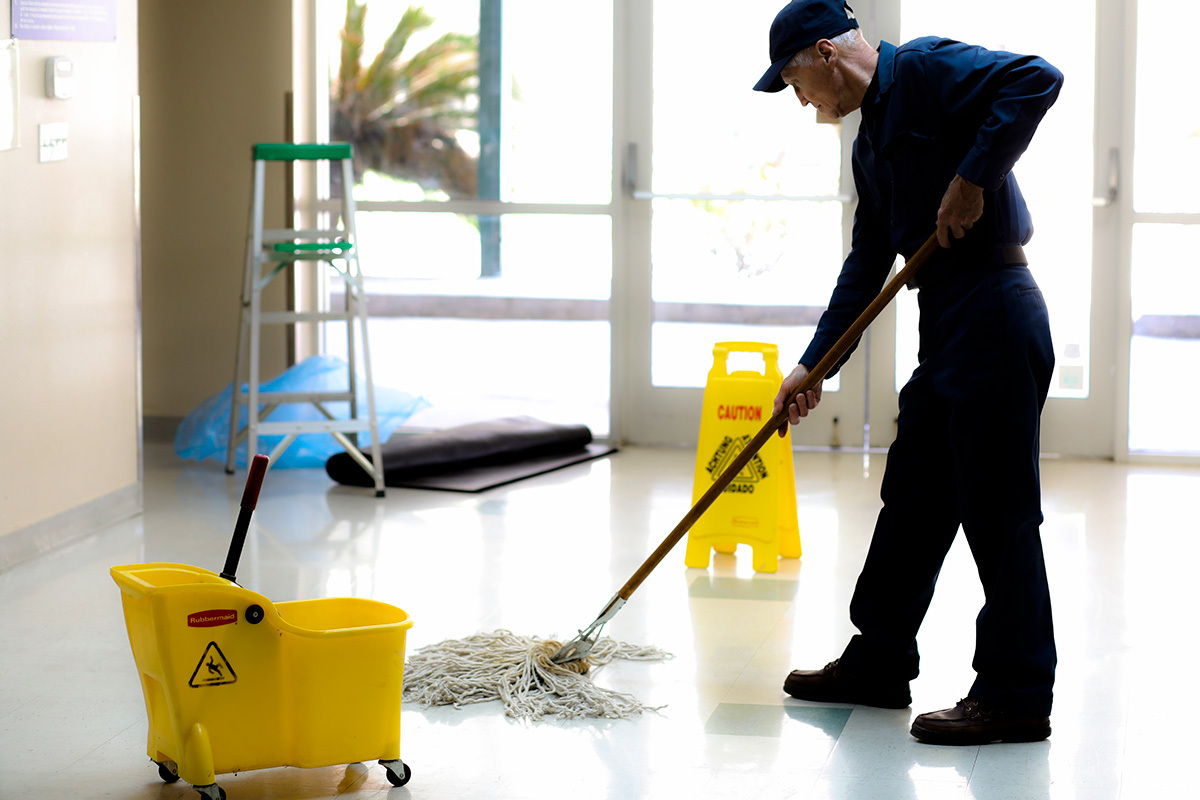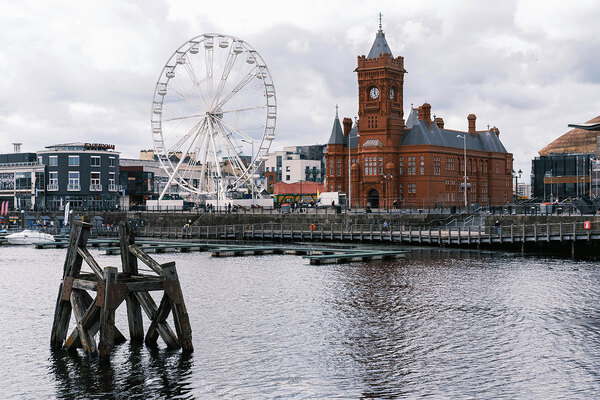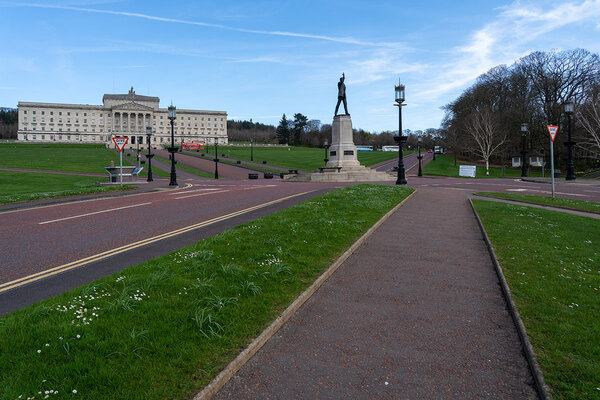You are viewing 1 of your 1 free articles
In praise of caretakers
The COVID-19 crisis has shown us how much we rely on a hitherto under-appreciated army of key workers. Housing campaigner Glyn Robbins says that we should add caretakers to our new list of heroes
One of the positive aspects of the coronavirus pandemic has been a collective celebration of essential workers. The Thursday night clap was a great reminder of how important public services are. Many overlooked jobs have had some well-deserved recognition, but caretakers on housing estates haven’t usually been among them.
I recently spent a week covering for the caretaker on the Islington council estate I mange, and it was an insight into a vital job. Now, more than ever, maintaining cleanliness and hygiene are important. But the role of the caretaker goes beyond that – they can be the eyes and ears of a local community, giving literal and practical meaning to ‘taking care’.
There should be far greater appreciation of what caretakers do and the job should be properly valued through better pay and conditions. The Chartered Institute of Housing used to give more attention to caretaking than it does now, instead preferring to focus its attentions on a spurious housing ‘profession’. Pushing a broom or wielding a mop may not seem that hard but it is quite easy to do badly.
Caretaking is more physically demanding than it may appear – particularly if stairs are involved – and it’s relentless. Repeatedly cleaning communal areas can feel as endless a task as scrubbing the pavement or painting the Forth Bridge but, just like those jobs, it would be noticed if it wasn’t done.
Recognising different types of mess and how to clean them safely requires knowledge and training. It can also be unpleasant and not without risks, particularly if other people’s bodily fluids or needles are involved.
“The dehumanising effect of outsourcing and call centres has seriously damaged the quality of housing services”
Having an experienced caretaker who knows their patch helps co-ordinate other important public services, such as bin collections and recycling. Stopping for a chat may interfere with performance targets, but it can provide much-needed human contact, particularly to isolated or vulnerable residents.
Caretakers are often the ‘first responders’ when something goes wrong.
During my 30 years working in the housing field, I’ve seen the status of caretakers and other public-facing workers diminish, alongside public services in general and council housing in particular. These things are intrinsically linked. The remorseless path of privatisation and casualisation has broken what should be the symbiotic link between housing workers and residents.
The dehumanising effect of outsourcing and call centres has seriously damaged the quality of housing services. Meanwhile, we’ve seen the exponential growth of top-heavy bureaucracy and a self-serving managerial culture exemplified by excessive salaries and an arrogant disregard for the views of the people who pay them.
These forces converged in the form of the Grenfell Tower tragedy. As the long wait for justice continues, there is diminishing hope that those really responsible will be held to account. But whatever the flawed inquiry eventually says about what happened, there’s one thing we can already be certain of: there wasn’t enough care taken.
Residents were ignored while senior managers, politicians and private companies pursued their own agendas. I’ve managed tower blocks in the past and, alongside residents, the people who knew them best were the caretakers. If we’re serious about learning the lessons from Grenfell, it’s essential to respect the work of people who look after buildings like it and listen to them.
In housing and beyond, pay and status are usually in inverse proportion to the importance of the work done. The COVID-19 crisis has provided an opportunity to reassess. We’re in a critical moment, when massive investment in public infrastructure, including desperately needed council housing, can help rebuild our economy.
Caretakers embody the potential for a new approach to housing – and society – that isn’t reduced to spreadsheets.
Glyn Robbins, housing worker and campaigner








